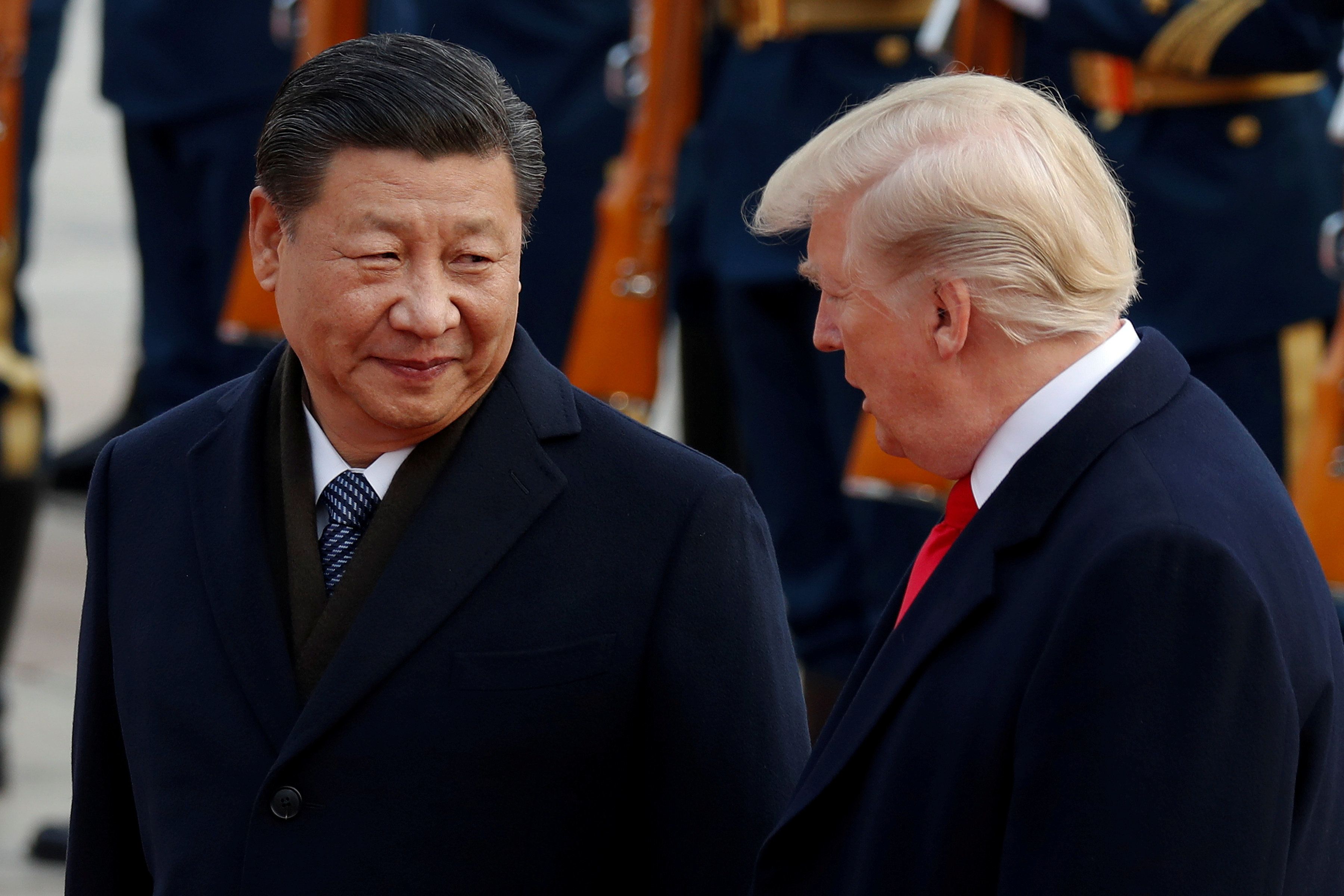Kevin's big story of 2018: China's rude awakening
In a year marked by US-China confrontation over technology and trade, no story captured the stakes better than the Trump administration's move in April to kneecap one of China's leading tech companies, networking giant ZTE.
Hit with a seven-year ban on acquiring the US hardware and software needed to make its internet gear work, the Chinese giant nearly went bankrupt before Trump granted it a last-minute reprieve.
For China, the episode exposed a glaring vulnerability: despite President Xi Jinping's ambitions to turn his country into a high-tech superpower, China is still dependent on US exports and knowhow. Xi is now more determined than ever to break that dependence. President Trump and the China hawks around him learned an important lesson about their own leverage. That's crucial for how the world's most important fight plays out in 2019.
His big question for 2019: How resilient is American democracy?
In 2019, Trump's more immediate challenge will hit much closer to home, and the world will learn how much faith Americans still have in their political institutions. Since Trump took office, the president's critics have warned that his broadsides against the press, attacks on the Justice Department, and other norm-defying behavior risk undermining American democracy. So far, the traditional checks appear to be working. Congress and the courts have both imposed limits on the president's agenda at various points during his nearly two years in office.
Next year will bring sterner tests: House Democrats will have subpoena power and the final results of the Mueller investigation will almost certainly be announced. If Mueller clears Trump, will his opponents accept the findings? Would a damning report provoke impeachment or a constitutional crisis? How would lawmakers and the public respond to findings that aren't so clear-cut?
In short, if political or legal push comes to shove, will Americans and their elected officials put country before party?Trump
